180 Nutrition: “Man want to survive – he eat lots of protein.” OK, so no that’s not an actual quote from Fred Flintstone’s second cousin, but the basic protein principle does extend back to the beginning of time.
From day one, the primary source of essential nutrients that humans needed to survive came from animals which were hunted, gathered, and eaten in their natural form.
Fast forward to today and that ideology has changed very little.
Whether you want to lose weight, build muscle, or if you’re solely focussed on surviving each day, protein is an essential nutrient required to do this, and meat and animal products are traditionally one of the best sources.
What is protein?
Protein is made up of amino acids which, when digested, are broken down into more specific amino acids. They are then put back together in the body to form new proteins which build all the solid matter in the body; organs, bones, skin, hormones, tiny little molecules and most obviously; muscle.
If protein intake consistently falls below the recommended daily allowance, the short term effects on your body are weight gain, low energy, poor concentration, muscle and joint pain and low immunity. Long term, these effects will have much more serious implications and can lead to muscle shrinkage, oedema (fluid build-up under the skin, particularly prevalent in feet, ankles and face), anaemia and a whole host of other debilitating illnesses.
Put short, without protein; survival is impossible.
So, back to the cavemen. Their diet of meat, meat on toast and meat with a side of meat has withstood the test of time as the easiest and most convenient way to hit our recommended daily intake of protein.
Taking into account variables such as gender, build, and muscle-building goals; an average inactive male needs approximately 0.84g of protein per kg of weight, and a female needs to hit 0.75 g of protein per kg of weight per day.
To put this into food products, an adult female who trains two to three times a week to maintain a healthy body weight could get by with one or two eggs (approx. 13g each), a small tin of tuna (approx. 16g) and a small chicken breast (approx. 30g) each day.
Now, while that sounds pretty straightforward to maintain, someone who has chosen to follow a plant-based diet, has traditionally found this a little more challenging.
But challenging doesn’t mean impossible so if you’ve chosen or are considering a vegan diet, here are five of the best non-animal sources of protein to include in your diet to make sure your short and long-term health don’t suffer:
 1) Quinoa
1) Quinoa
8g of protein per cup
Quinoa is a seed, not a grain as its appearance would have you believe, and is a versatile, delicious addition to any meal. Quinoa can be used as a meal base or side-dish and is a great alternative to rice and other grains.
Here are some great ways you can cook with quinoa and increase your protein content at the same time.
 2) Black Beans
2) Black Beans
21g of protein per 100g.
Not only are black beans delicious, but they’re also full of protein and are a versatile ingredient which can be added to many dishes. Add to soups, salads and desserts for a plant-based meal that really packs a protein punch. Try our healthy chocolate brownie dessert which gives you over 20g of protein per serve.
 3) Chickpeas
3) Chickpeas
19g of protein per 100g
Like black beans, chickpeas are prized for their high protein and fibre content and are ideal in salads and side dishes. Try this amazing hummus and cracker recipe to really get those amino acids pumping through your body.
 4) 180 Superfood (vegan blend)
4) 180 Superfood (vegan blend)
21g per serve
We created our vegan superfood blend with your health in mind. One serve of this curbs hunger and doubles as a healthy meal replacement bursting with protein. Many protein powders are made from whey, but our vegan-friendly supplement is made from pea protein isolate and entirely suitable for anyone following a plant-based diet. One serve of this is a delicious alternative to a steak or chicken breast and will help you combat low protein levels and the health issues associated with it.
It’s important that if you’re following a vegan diet you make a conscious effort to include enough protein in your daily diet to avoid serious health issues. There are many ways you can naturally get all the protein you need and it is regular consumption of these foods, combined with vegan superfood supplements available from 180 Nutrition if required, which is seeing vegans becoming stronger and leaner than ever before.


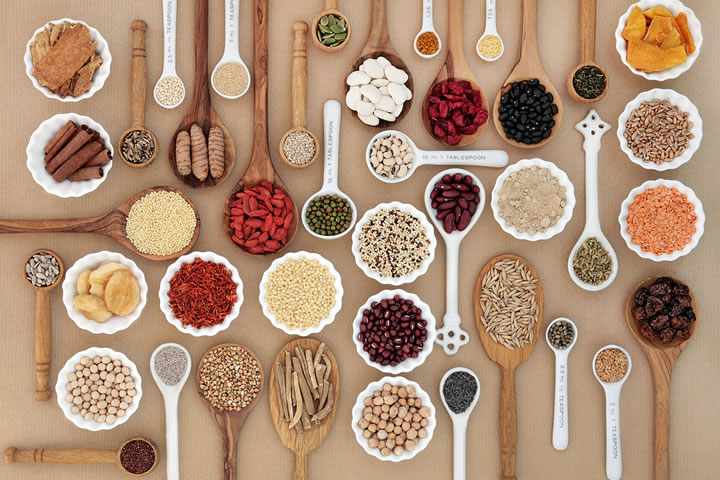
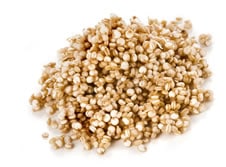 1) Quinoa
1) Quinoa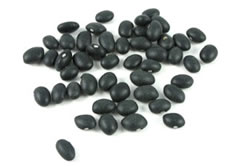 2) Black Beans
2) Black Beans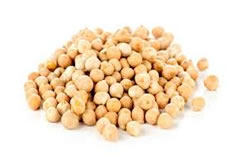 3) Chickpeas
3) Chickpeas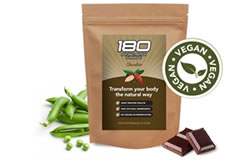 4) 180 Superfood (vegan blend)
4) 180 Superfood (vegan blend)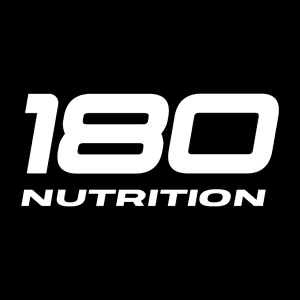

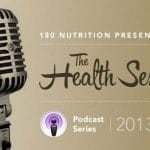


3 Replies to “Four Ways To Avoid Serious Health Problems And Consume enough protein on a vegan diet”
Hi there- is your vegan superfood blend ok for kids?
Hi Sharon, yet it is 🙂
Yes it is 🙂
Comments are closed.